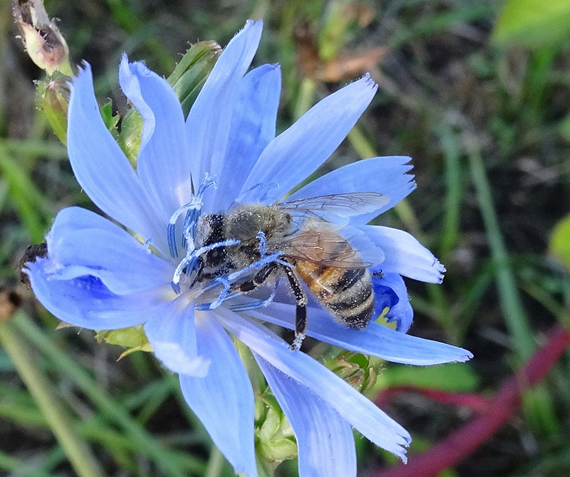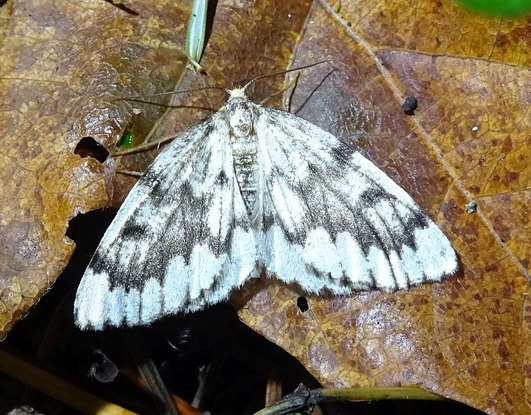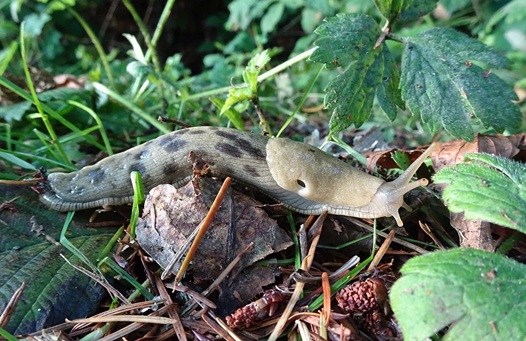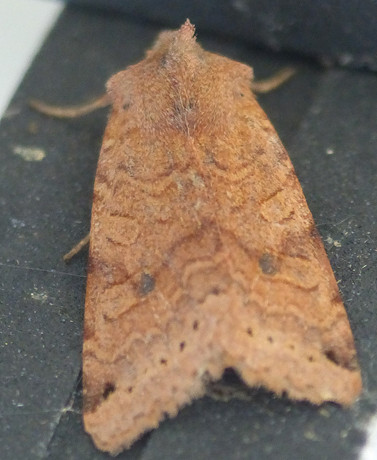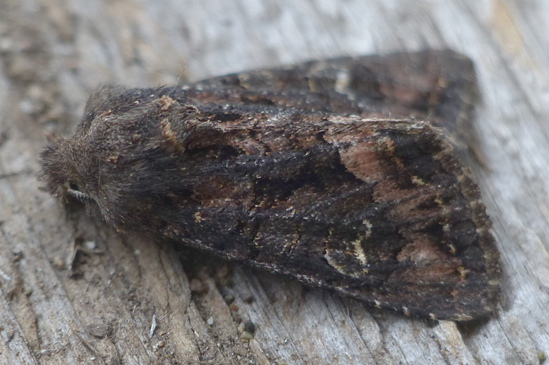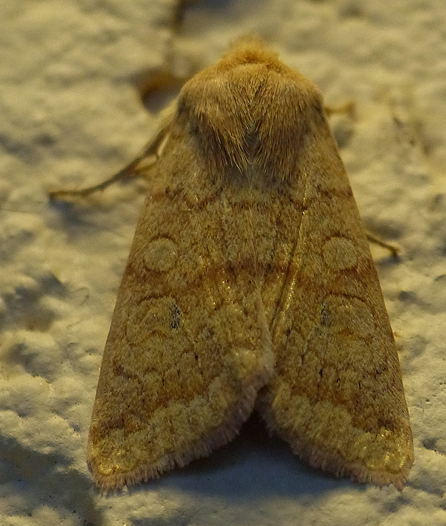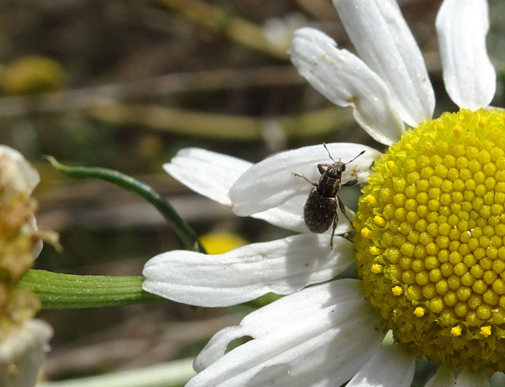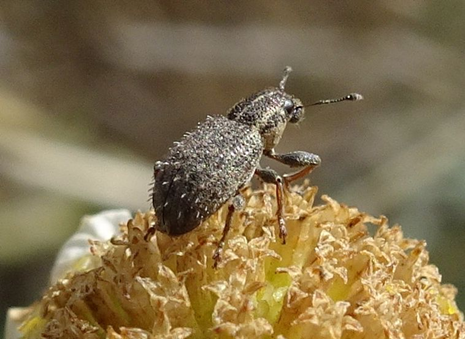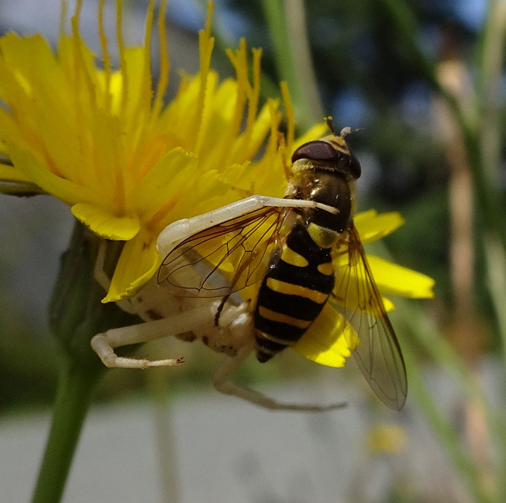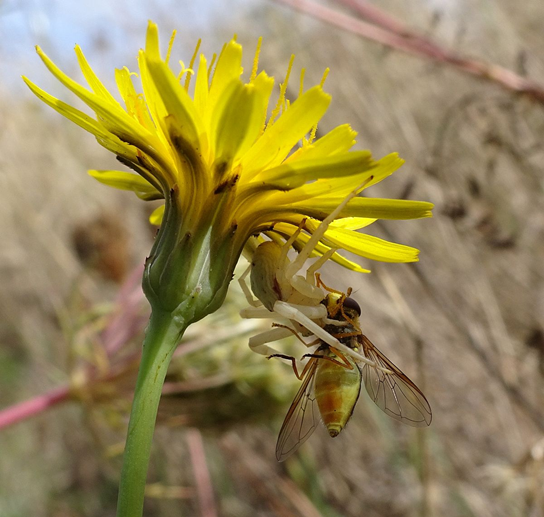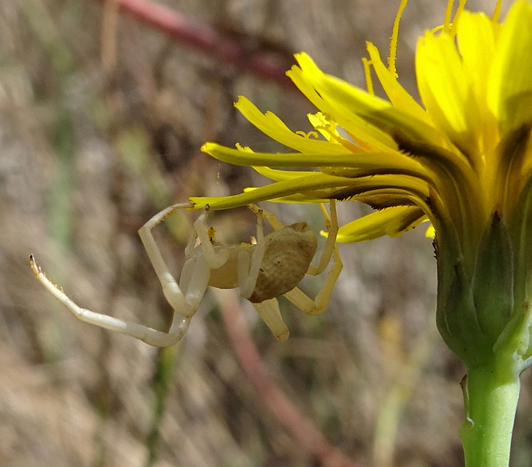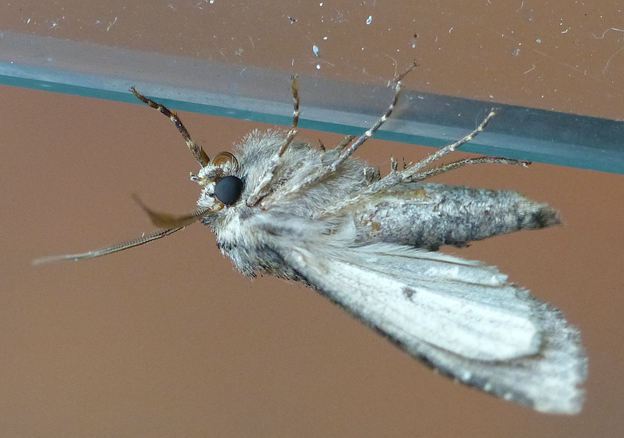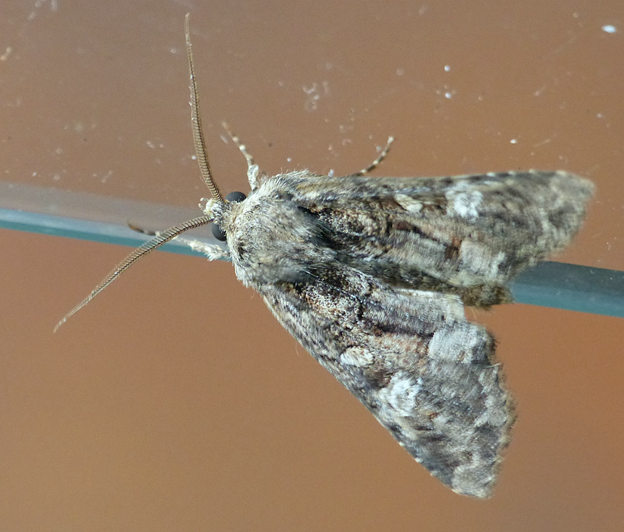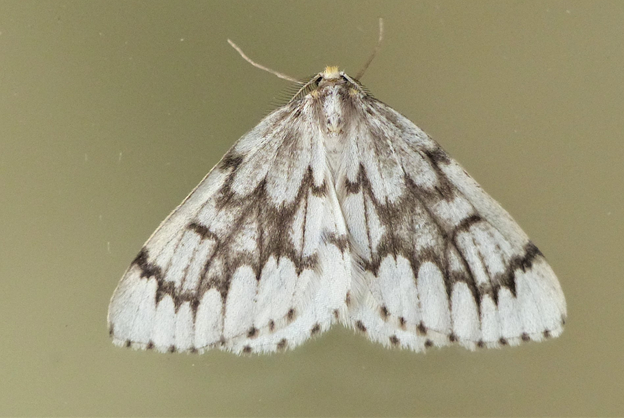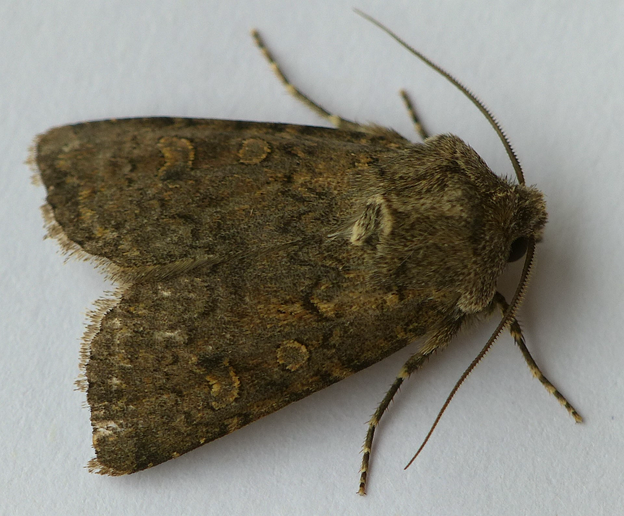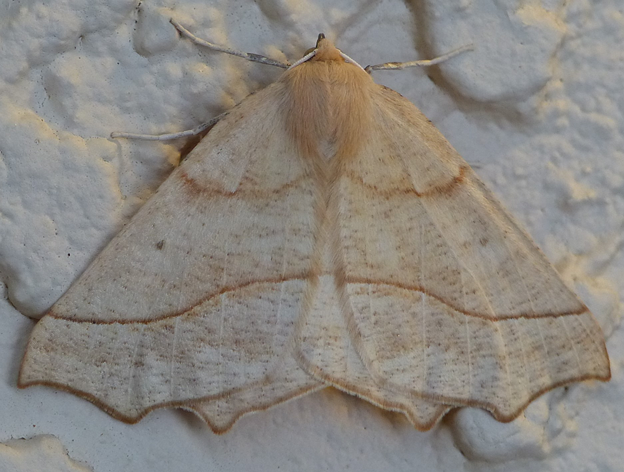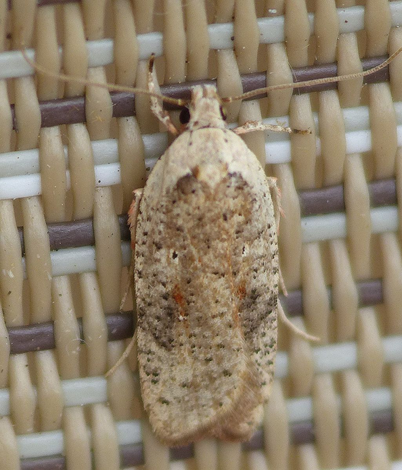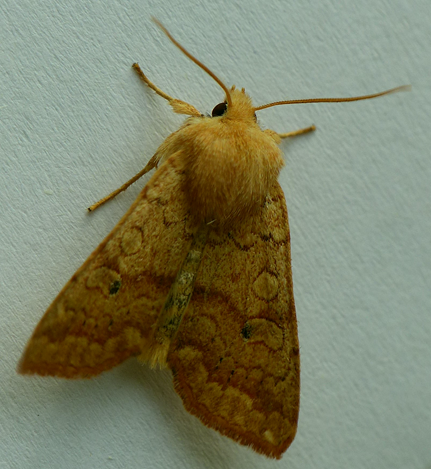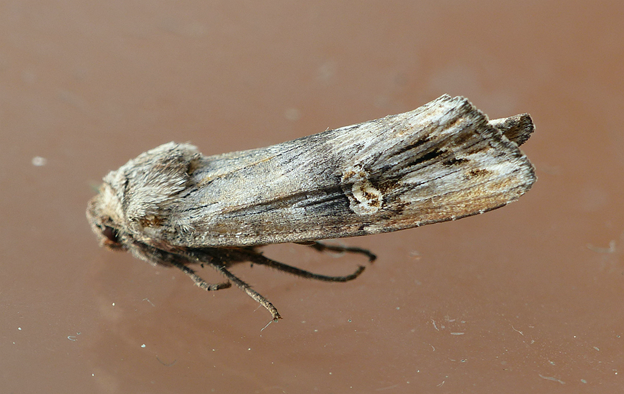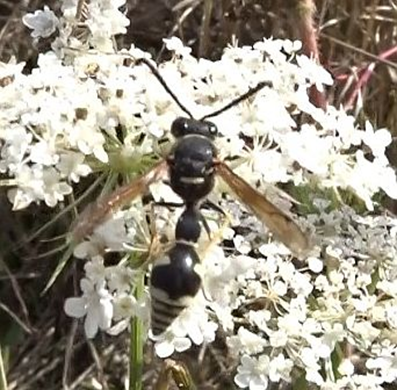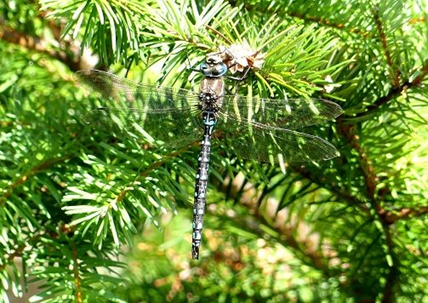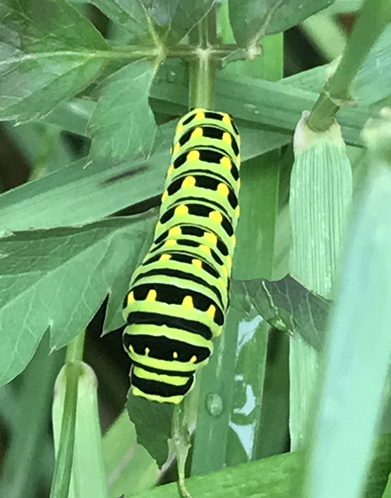2020 September 22
Welcome to Fall!
Jochen Möhr’s photographs from Metchosin this morning (no photographs):
2 Drepanulatrix sp.
6 Ennomos magnaria
1 Eupithecia sp.
1 Fishia illocata
1 Neoalcis californiaria
2 Nepytia phantasmaria
2 Noctua pronuba
3 Pleromelloida cinerea
1 Xanthorhoe defensaria
Aziza Cooper photographed this moth at McIntyre reservoir (Central Saanich) on September 21. She did not see the sulphur butterfly that was reported from there yesterday. Butterfliers are encouraged to keep looking and to do their best, if they see it, to identify it.

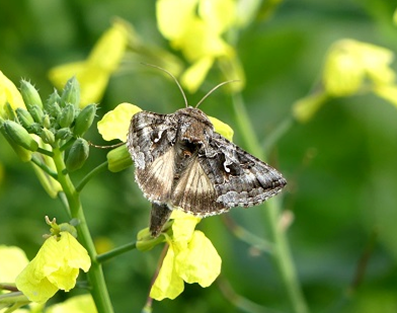
Autographa californica (Lep.: Noctuidae) Aziza Cooper
Ian Cooper writes: Submitting a small sample of numerous photos taken yesterday (September 20). All were photographed at various locations along the Galloping Goose trail. Thanks to Claudia Copley and Annie Pang for help with the identification of the grasshopper, and the bees, respectively.
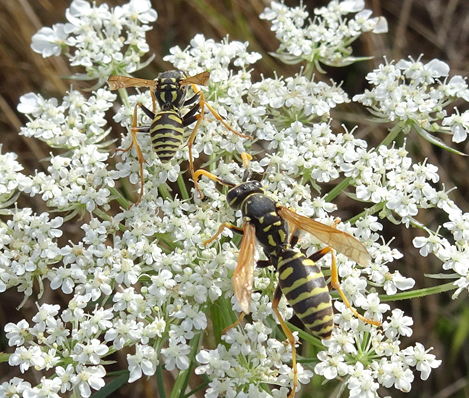
European Paper Wasp Polistes dominula (Hym.: Vespidae) Ian Cooper

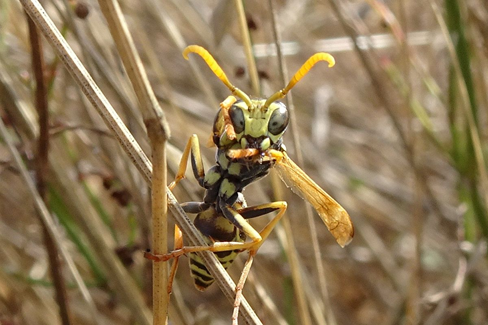
European Paper Wasp Polistes dominula (Hym.: Vespidae) Ian Cooper

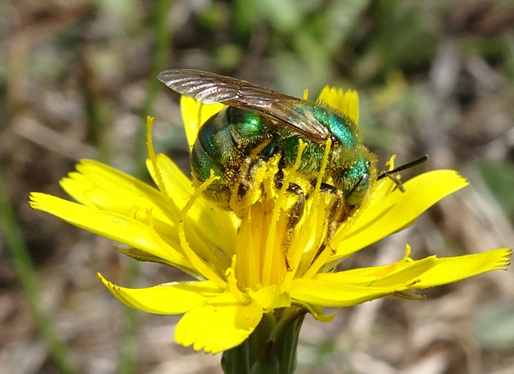
Female Agapostemon sp. (Hym.: Halictidae) Ian Cooper

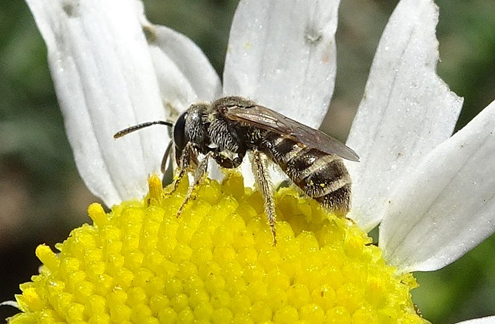
Lasioglossum? Halictus? (Hym.: Halictidae) Ian Cooper
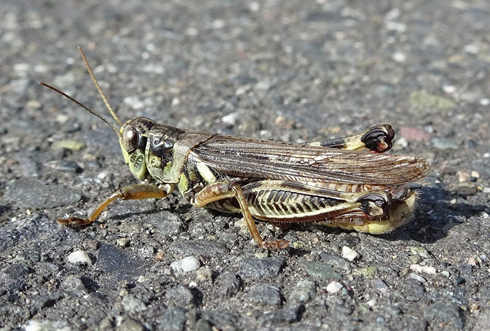
Melanoplus sp. (Orth.: Acrididae) Ian Cooper

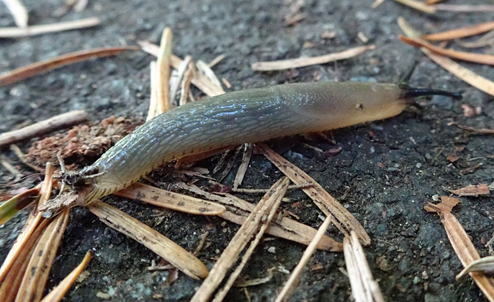
Probably young Arion rufus (Pul.: Arionidae) Ian Cooper
Jeremy Tatum writes about:
Identification of Orange Sulphur Colias eurytheme and Clouded Sulphur C. philodice.
Every few years or so we see sulphur butterflies in September or even October. Most are Orange Sulphurs, but the question always arises: Are any of them Clouded Sulphurs? In particular, what is the butterfly photographed by Mike McGrenere on September 20 (see September 21 morning)?
We rarely get a good opportunity to photograph the uppersides of these butterflies, so, unless we are certain from visual sighting that there is a lot of orange on the upperside, we have to rely on the nature of the spots on the underside.
On the underside of the hindwing there is a row of about five subterminal spots. The theory is: On the Orange Sulphur these are small, dark, well-defined, sharp and black. On the Clouded Sulphur these are blurry, not at all well-defined, wishy-washy, brownish. So much for the theory.
Kirsten Mills was recently in Ontario, where she saw lots of both species, and she found that the row of spots on its ventral side of the Orange Sulphur is very distinctive. She sends a photograph of each species to illustrate this:

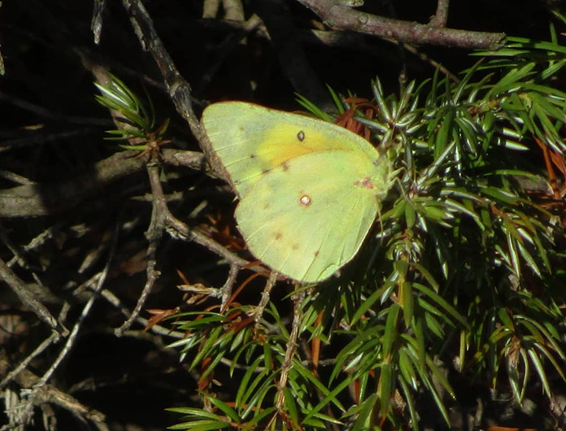
Clouded Sulphur Colias philodice (Lep.: Pieridae) Kirsten Mills
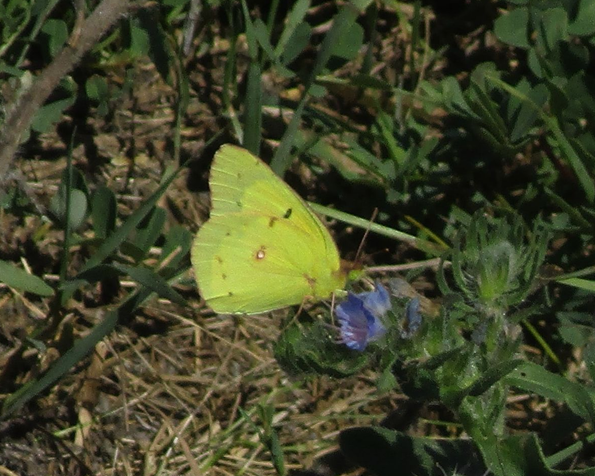
Orange Sulphur Colias eurytheme (Lep.: Pieridae) Kirsten Mills
So – what is Mike and Barb’s butterfly (September 21 morning)? Here it is again:

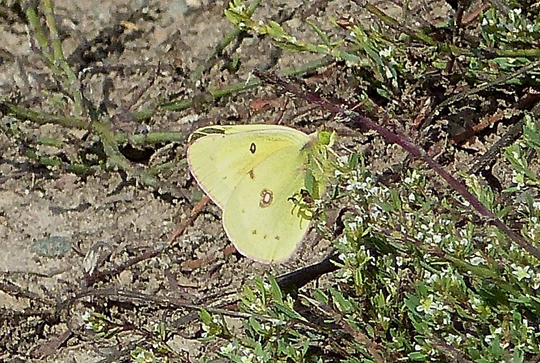
Sulphur Colias sp. (Lep.: Pieridae) Mike McGrenere

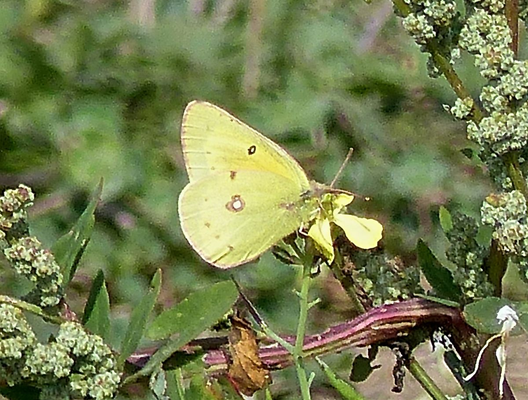
Sulphur Colias sp. (Lep.: Pieridae) Mike McGrenere
Kirsten (who has seen many of both species recently, which is a great help) says Orange Sulphur. Does anyone agree, or disagree? I’m leaning (writes Jeremy Tatum) towards Orange Sulphur, too. You can just see the black border on the upperside of the wings. I think it is not broad enough for Clouded Sulphur.
Some good news is that Ron Flower has seen what is probably Mike and Barb’s butterfly again today (September 22). Unfortunately the weather forecast suggests that we are unlikely to see it again – we have rain forecast for a few days.
Jeff Gaskin writes: Yesterday, September 21, Kirsten Mills and I saw a rather late Pine White at the hawk watch lookout at Beechey Head in East Sooke Park. Today, we spent some time looking for the sulphur out at Martindale flats but had no luck. All we found for the whole Martindale valley including Welch and Hunt Roads, were Cabbage Whites, and that was a total of 38 butterflies.
